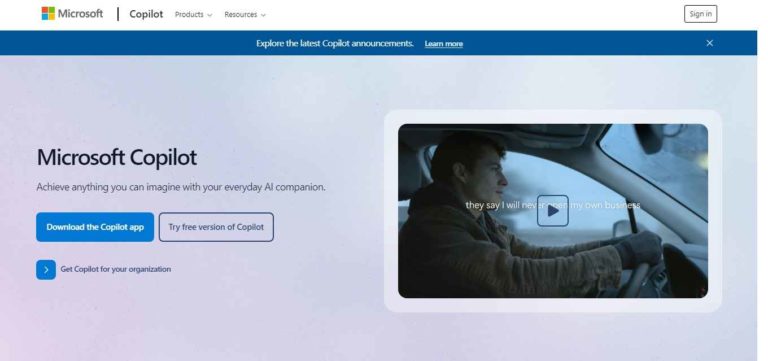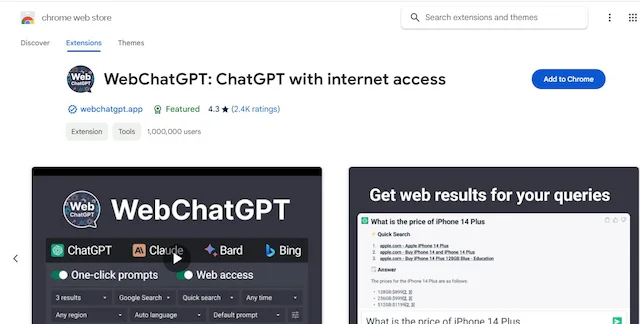Unlocking Potential: Microsoft’s Copilot AI Takes a Bold Step with File Reading Feature
Microsoft is making waves in the AI landscape with a significant update to its Copilot assistant in Windows. This newfound capability allows Copilot to directly read files on your PC, offering users the convenience of file summarization, data location, and internet searches for additional information. While the prospect of an AI delving into personal files may raise privacy concerns, Microsoft has implemented safeguards, requiring users to manually initiate the file-sharing process.
Unveiling Copilot’s File Reading Feature:
The latest enhancement to Copilot positions it as a more proactive and integral part of Microsoft 365 and Windows 11. This innovation has sparked discussions about potential privacy issues, prompting a closer look at how Copilot handles sensitive information. Contrary to initial apprehensions, users maintain control over the process by manually selecting files to be shared with Copilot through drag-and-drop or the ‘Add a file’ option. A Twitter user, @Leopeva64, demonstrated this process with a simple ‘summarize’ request, showcasing Copilot’s responsiveness.
Navigating Privacy Concerns:
In an era where privacy is a paramount concern, Microsoft addresses potential apprehensions by ensuring that Copilot doesn’t arbitrarily access files. The deliberate user action of selecting and sharing files puts control firmly in the hands of the individual. As this feature evolves, Microsoft aims to strike a balance between enhancing Copilot’s functionality and respecting user privacy.
A Skeptic’s Perspective:
Acknowledging the skepticism surrounding AI assistants embedded in operating systems, particularly from those well-versed in technology, this Copilot feature introduces a tangible utility that even critics might find appealing. As the author, a self-professed Copilot critic, contemplates the value of such AI integrations, the file reading capability emerges as a potential game-changer, bridging the gap between tech know-how and practical functionality.
The Practical Side of Copilot:
For users who may have questioned the utility of an AI assistant within their operating system, Copilot’s file reading feature signifies a step towards genuine usefulness. Enabling the AI to engage with specific files for summarization or data retrieval adds a practical dimension to Copilot’s repertoire. This innovation has the potential to resonate with users who seek efficiency and streamlined interactions with their AI assistant.
Conclusion:
Microsoft’s Copilot is evolving beyond conventional AI capabilities, venturing into the realm of file reading to offer users a more comprehensive and practical assistant. By addressing privacy concerns through user-initiated file sharing, Microsoft strives to strike a balance between innovation and user control.
As Copilot continues to grow, it stands at the precipice of becoming a genuinely useful tool, challenging even the skepticism of seasoned tech enthusiasts. The future promises an exciting journey for Copilot and its users, navigating the delicate equilibrium between AI advancements and individual privacy expectations.




